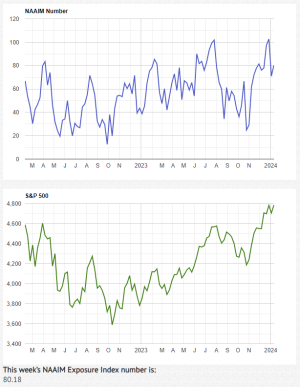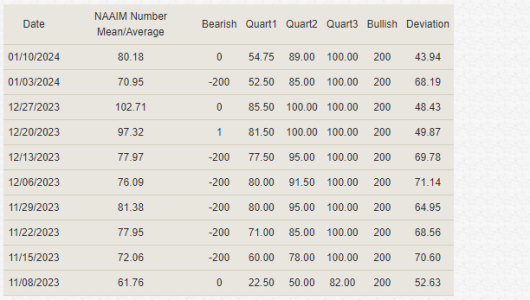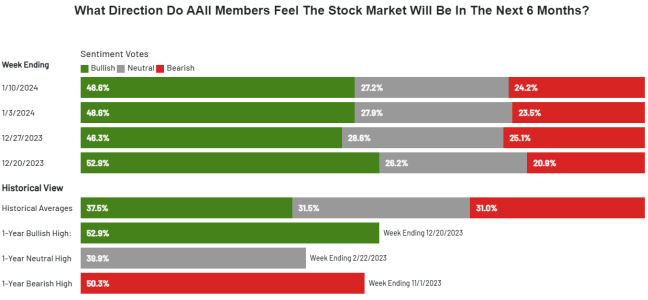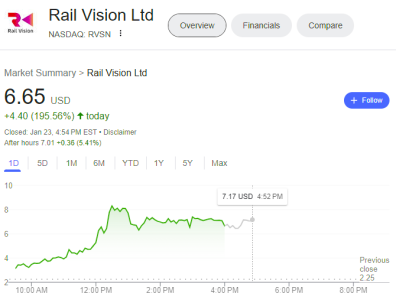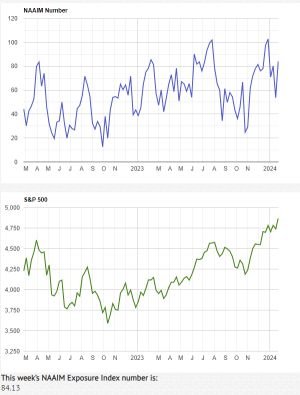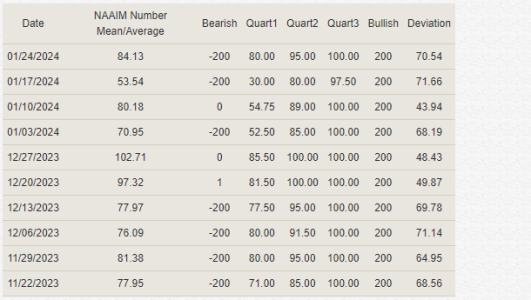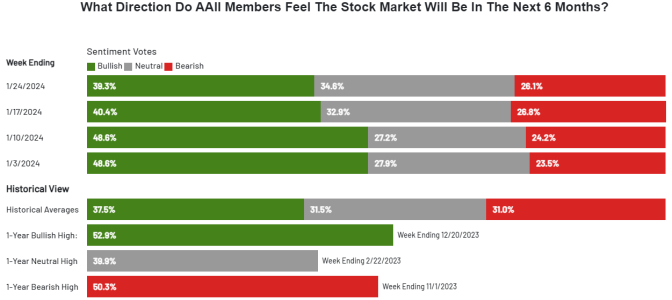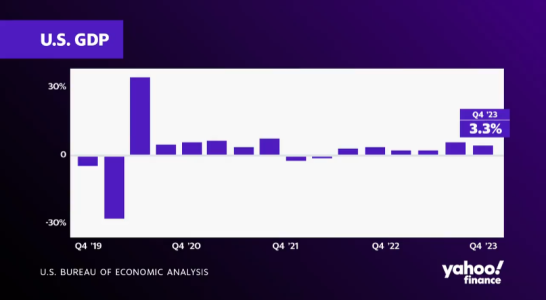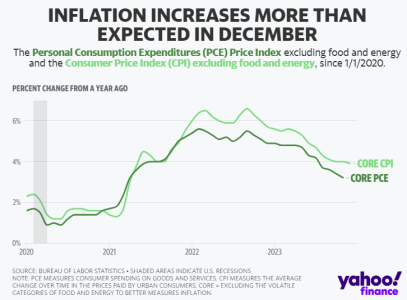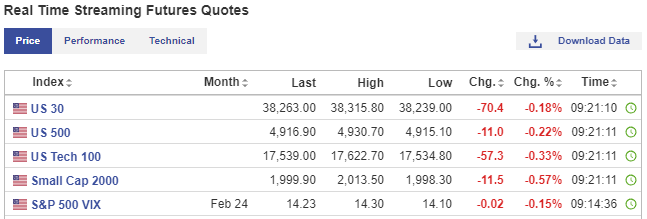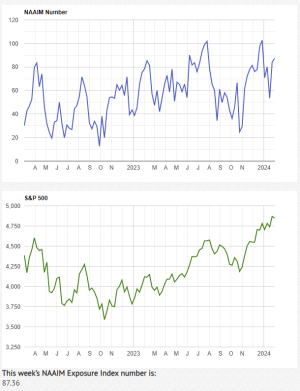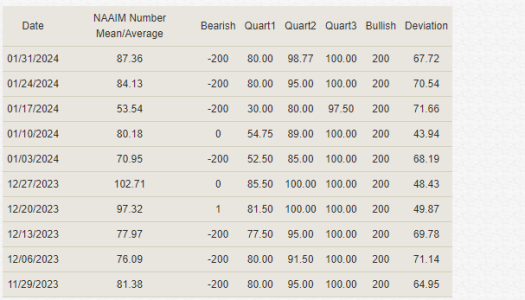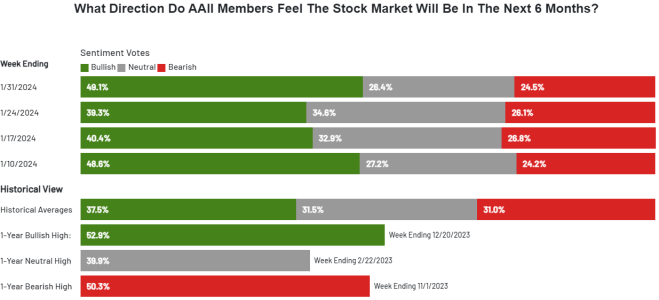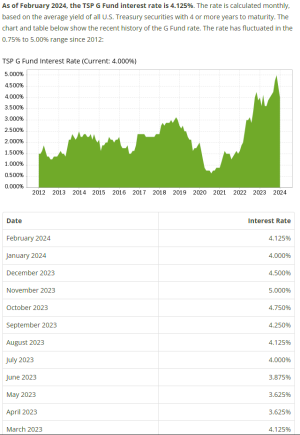site looks a little weird this morning :dunno:
Just FYI article. I think I'm slowly being desensitized to these types of insane numbers (billions and trillions), but I guess that's what we're stuck with. It still freaks me out though. :scared1:
reuters.com
I'll just copy and paste here so you can avoid all the stupid ad's.
Fed’s aggressive rate-hiking campaign results in record loss of $114B for 2023
NEW YORK, Jan 12 (Reuters) - Rising income expenses pushed the Federal Reserve system deep into a record loss last year, the central bank said in preliminary figures released on Friday.
Fed income after expenses came in at a negative $114.3 billion last year, versus $58.8 billion in positive income the year before. The loss was tied to a jump in interest expenses faced by the central bank amid a rate hike campaign aimed at cooling inflation.
The Fed paid a mix of financial institutions $281.1 billion last year, versus $102.4 billion in 2022. Meanwhile, interest it earned from bonds the central bank owns totaled $163.8 billion last year, versus $170 billion in 2022. The Fed said operating expenses at the 12 regional banks, which are quasi private institutions overseen by the Fed Board of Governors, stood at $5.5 billion in 2023.
The Fed pays banks, financial firms and other eligible money managers interest to park cash on the central bank’s books as part of how it implements monetary policy and controls short-term rates. Aggressive Fed rate increases, starting in the spring of 2022 when the central bank's rate target was at near-zero levels, pushed that rate range to between 5.25% and 5.5% as of the December Federal Open Market Committee meeting, with the collective impact of those action ending the Fed's streak of strong profitability.
The Fed funds itself through interest it earns on securities it owns and via services it provides banks. Usually it is profitable and hands excess earnings back to the Treasury as required by law. When it loses money it books what it calls a deferred asset which tallies the loss, which the Fed expects to cover over time before again handing profits back to the Treasury.
At the end of last year, the deferred asset stood at $133 billion, and as of Jan. 10, it stood at $136.9 billion. Forecasting how big the loss will be is challenging because it depends on what the Fed does with interest rates, as well as how much further it shrinks its holdings of the bonds it currently earns interest from.
The Fed is almost certainly done raising rates based on officials' comments and if markets are right the central bank may be cutting them by spring. Meanwhile, it may also be approaching the end game for balance sheet shrinkage.
This could ultimately cap the losses, which until recently some analysts were putting in the $150 billion to $200 billion range. Meanwhile, recent research from the St. Louis Fed said
it would likely take the Fed four or so years to cover its loss and start returning money to the Treasury.
Losing money doesn't impair the Fed's ability to conduct monetary policy, officials have stressed repeatedly. At the same time, the Fed has yet to face any real political pushback over the losses.
Reporting by Michael S. Derby; Editing by Andrea Ricci

